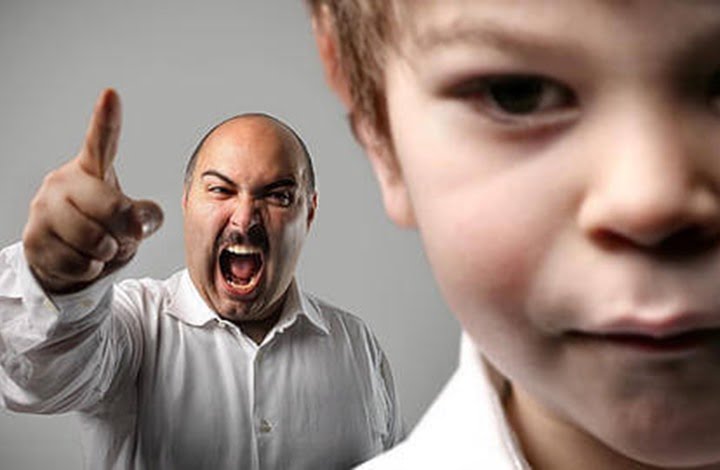
A family is a group of people sharing a single home and some genetic traits, but now, we cannot consider this explanation sufficient, because the family is more than a home and chromosomes.
The family is the primary source of love, support and encouragement for its members. There is no greater enjoyment than family warmth that creates psychological stability for the child and thus a psychologically balanced personality. This does not mean that members of one family should not argue or disagree. Differences are characteristic of humans, and fights often happen between family members, whether between the parents or the children, but these fights are not essential and do not lead to endless problems. Each member of the same family consists of a personality and a personal composition and this composition varies from one individual to another. So thoughts and views differ from one person to another in the same family.
Problems between spouses
Sometimes, essential problems occur in the family, mostly between the spouses, where the children feel the tension of the relationship between their parents, which gives them a feeling of insecurity. These problems also affect their behavior and they become introvert, or show problems with relationships with others (aggressive behavior, for example).
A number of studies were conducted on a number of families to determine the effect of positive family interaction among members of the same family. This study was conducted on 5 axes to evaluate this effect: listener response, self-confidence, positive social behavior, effective communication and warmth.
It has been found that families characterized by communication and participation among the members achieve the highest grades in these axes, and the children of these families look for the same positive qualities in their partner when they create a new family, which proves that family warmth, containing children and listening to their problems will result in good, stable families in the future.
Negative consequences of family disputes
One of the negative consequences of family disputes is the emergence of a kind of self-distrust through constant fear of the future. The child becomes afraid of what will happen tomorrow because he projects his feelings on the problems he witnesses at home.
His world, which must be a world filled with love, affection and family harmony, becomes an abhorrent world with many problems and wrangling. Here he loses his self-confidence and becomes afraid of the future because he does not have a positive image at home.
Problems between parents also destroy the spirits of the children and they are characterized by fear, panic, anxiety and confusion in emotions. These children also show some feelings of guilt regarding the parents’ conflict. The child feels that he is the cause of the conflicts between his father and his mother.
Through family dysfunction, there is some kind of disorder in the child’s discipline which leads to problems in the school and with his friends and brothers and sisters. Hence, lack of attention to this phenomenon leads to perverse social behavior due to parents’ conflict, their unbalanced behavior and their inconsistent relationship.
In addition, family problems lead the child to develop a sense of insecurity, thus forming a pessimistic view of life and the child may show symptoms of depression. We cannot but mention the reactions of the child’s tiny body which will weaken, and his skin will become pale. In terms of study, the child will suffer from a lower capacity of understanding the lessons, lack of focus, lack of sleep, hostility, crying and such symptoms that make the child an easy prey to the emergence of serious psychological symptoms.
Young children (between 2 and 3 years) also have other symptoms, including delayed pronunciation, walking and overall growth.
What should we do?
Father and mother must know that they do not live alone at home, but that there are children who hear and are influenced by every word or behavior they say or do. It is therefore the responsibility of mothers and fathers, because they are in charge of raising their children and forming their personality.
The role of the father is to inculcate the social values and principles in the child’s personality, to come out to the community as an individual who can set an example for others, as his father did for him.
The mother is responsible for keeping the house calm and raising children with the father in a positive way that makes the child a person who can cope with the problems and continue life no matter how difficult it was.
Parents must also ensure a friendly environment and psychological stability for their children through:
1 – Showing love to their children. The task of the parents is not limited to securing the basic needs – food and beverage… But parents must listen to the demands of their children.
2- Giving their children their time, to listen to their everyday problems and try to solve them.
3. Giving the child a sense of security.
4. One of the most important principles that must be applied by the parents is the establishment of rules to be respected by the child inside and outside the house. This way, he learns discipline.
5 – The calmer the house, the more stable are its members.
6 – Parents should not fight or show their stress in front of their children (as much as possible) and remember that they are not alone at home, but there are children who hear and understand and analyze their actions.


